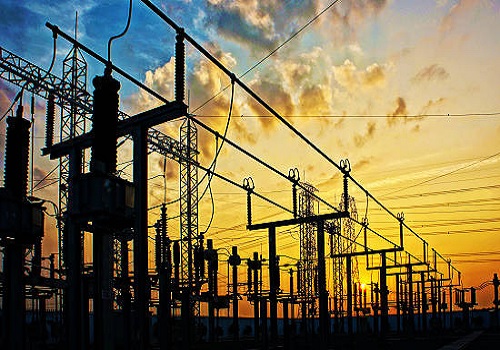IIT-K physicists unravel insight to second law of Thermodynamics

Follow us Now on Telegram ! Get daily 10 - 12 important updates on Business, Finance and Investment. Join our Telegram Channel
Physicists at IIT Kanpur have unravelled insights to the Second Law of Thermodynamics
Prof. Mahendra Verma and research scholar Soumyadeep Chatterjee, have discovered that 2D Euler flow-flow with zero viscosity--evolves from disorder to order, said a release from IIT-K.
The study involving analytical arguments and accurate numerical simulations provides useful insights that can help the manner in which scientists approach important fundamental topics such as order to disorder evolution, Second Law of Thermodynamics and thermalisation, the process through which physical processes reach thermal equilibrium.
The study, "Hydrodynamic Entropy and Emergence of Order in Two-dimensional Euler Turbulence" published in Physical Review Fluids journal finds that 2D Euler flow evolves from order to disorder and that the system is out of equilibrium with an interesting energy exchange among the flow structures so as to violate the detailed energy balance.
In fact, there is an inverse cascade of energy, which is responsible for the nonequilibrium behaviour of 2D Euler turbulence.
As per laws of Thermodynamics, the thermodynamic entropy of the Euler flow remains constant.
The researchers, Prof. Verma and Chatterjee, proposed "hydrodynamic entropy" as a measure of order in a multiscale and nonequilibrium system such as hydrodynamic and astrophysical systems, and employed it to Euler turbulence.
They have shown that the hydrodynamic entropy of 2D Euler flow decreases with time during its approach to the asymptotic state. The duo has also found that the final state of the flow depends critically on the initial condition.
The hydrodynamic entropy proposed in the study, as per the researchers, may prove to be a useful tool for quantifying order in biological, hydrodynamic, astrophysical, ecological, and economic systems.












 320-x-100_uti_gold.jpg" alt="Advertisement">
320-x-100_uti_gold.jpg" alt="Advertisement">












